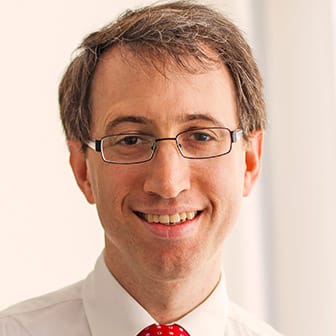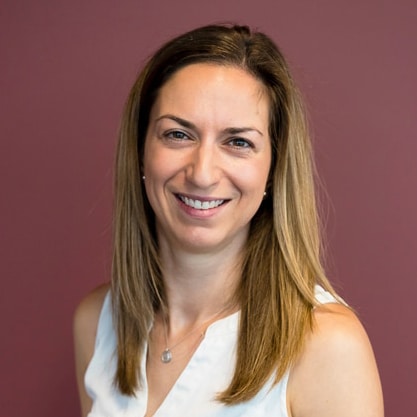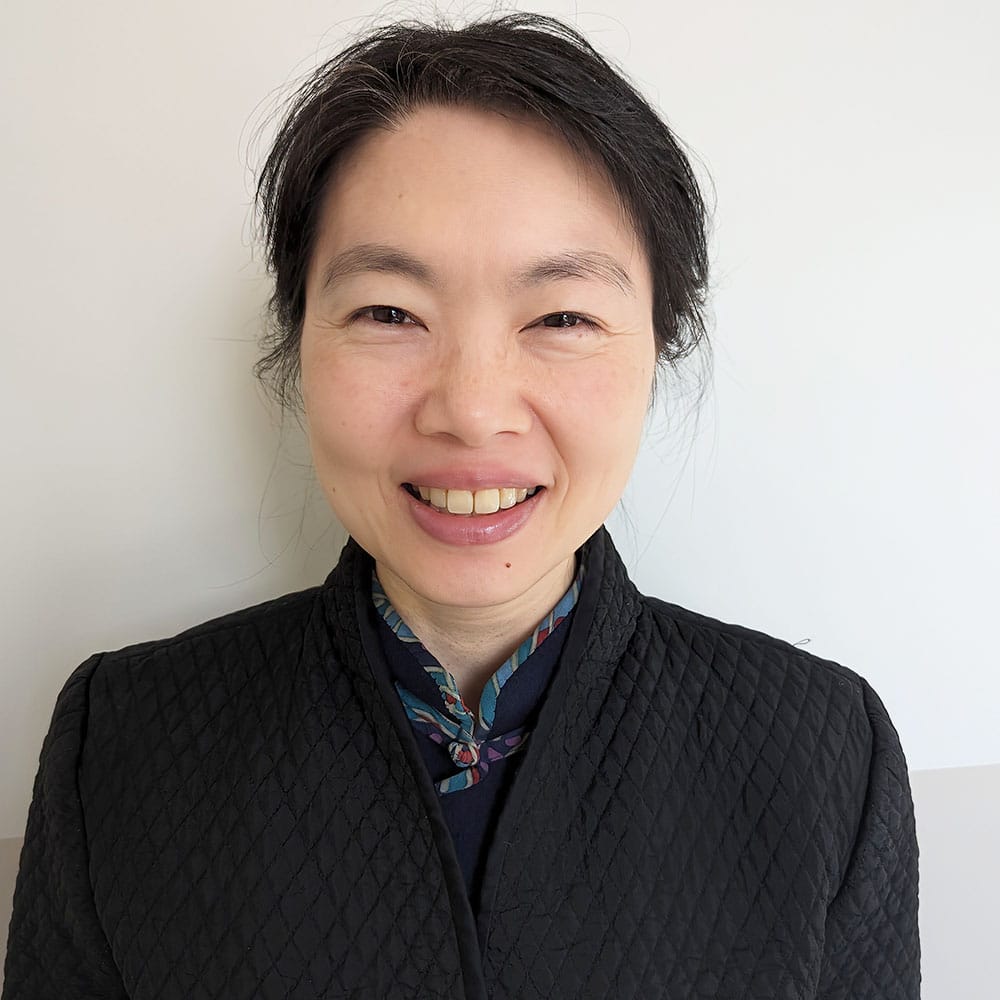MS Australia Brain Bank
A Brain Bank is a specialised “bank” or collection of human brain and other tissues of the central nervous system obtained from deceased donors.
The primary objective of the MS Australia Brain Bank is to coordinate the collection, storage and use of human post-mortem tissue from people with multiple sclerosis (MS) for use in research.
MS can be a devastating disease and a common cause of neurological disability in young adults. It has a huge economic impact on people with MS, their carers and the community. Modern immunotherapy makes a difference, but there is no proven cure. We also have few useful treatments for people with progressive MS. This is why there is a need for continuing research into MS.
Why do we need an MS-specific Brain Bank?
It is now possible to make a fruit fly with Parkinson’s Disease and a mouse with the features of Alzheimer’s Disease. Unless you can relate what you find back to the human brain, you don’t really know if you’re on the right track. Since brain tissue is not generally available for research use during life, this means research must be done on post-mortem tissue.
People with MS in Australia can choose to donate their brain and other tissues of the nervous system for the purposes of MS research after their death. Consented tissue is retrieved and preserved as rapidly as possible (ideally within 24 – 48 hours) after death and stored together with the donor’s medical history.
The MS Australia Brain Bank facilitates MS research by distributing high quality and well-characterised MS tissue to researchers for investigating the causes of and developing a cure for MS. Registered MS Brain Donors and their families are kept up to date on the latest progress in MS research.
The MS Australia Brain Bank has a huge responsibility
People with MS, in bequeathing tissue for scientific research, are making a final gift to others with MS and their families. They hope that their gift will lead to better treatments, improved understanding and ultimately a cure for others.
So we really see the MS Australia Brain Bank as owned by people with MS and their families. Our brief as custodians of the tissue for each donor and their family, is to make certain it will be of most use to scientists working on MS, so that the understanding of the disease increases.
We also wish to thank the Trish MS Research Foundation, University of Sydney, Collier Charitable Fund, NSW Government’s Office for Science and Medical Research and MS Australia for their generous support that has made the MS Australia Brain Bank possible.
History
In 2005, MS Australia Research Management Council identified that the main factor limiting progress in MS research was the availability of high-quality human brain tissue from people with MS. With support from the NSW Government’s Office of Science and Medical Research, the MS Australia Brain Bank was established in February 2008 as a joint venture between MS Research Australia and the University of Sydney.
The MS Australia Brain Bank tissue characterisation laboratory is located within the Royal Prince Alfred Hospital Department of Neuropathology, within the Brain and Mind Centre in Camperdown, NSW. This team is committed to ensuring that MS brain donations can proceed and work collaboratively with local hospitals and other sites to collect these incredibly important and valuable tissues across Australia.
At this time, the MS Australia Brain Bank accepts donations from New South Wales, Australian Capital Territory, Queensland, Victoria and Tasmania. We’re currently not able to accept donations from South Australia, Northern Territory or Western Australia, but we’re continuing to explore options to expand access where possible.
For more information about What Happens in the donation process, click here.
Financial donations remain vital to the continued existence of the MS Australia Brain Bank and are very welcome! If you wish to help support us, please click here to donate.
Mission
The MS Australia Brain Bank aims to provide the highest quality and best characterised post-mortem human MS tissue to researchers undertaking scientific studies into the causes, treatments and potential cures for MS.
Our goals are to:
- Increase public awareness of the importance of using human brain tissue for MS research and to recruit potential donors with MS to the MS Australia Brain Bank Donor Program.
By using high quality well-characterised brain tissue for research, scientists will have a better chance of finding answers to their research questions. - Process and store MS tissue and control tissue in a way that facilitates future retrieval and use in the widest range of scientific experiments.
The MS Australia Brain Bank collects and stores tissue using best practice and internationally recognised protocols and procedures. Fresh frozen tissue is optimal for genomic and proteomics research studies, while formalin-fixed tissue is suited for neuropathological and histological analyses. Specific anatomical regions as well as MS affected areas are extracted for further processing. - Confirm pathologically the presence or absence of MS or other neurological illnesses.
Each donated brain undergoes a thorough neuropathological examination by qualified pathologists from the MS Australia Brain Bank and its collaborating neuropathologists to confirm disease diagnosis. A report can be made available upon request to the doctor nominated by the donor’s senior Next of Kin. - Characterise the neuropathology of the MS affected tissue.
The MS Australia Brain Bank is unique in being able to draw on the knowledge and experience of experts in MS neuropathology to identify and characterise MS lesions as chronic, active, remyelinating and so on. - Promote and encourage Australian researchers to utilise post-mortem MS tissue.
Australia has a number of world class MS research centres that will utilise the MS tissues in their research programs. Tissue requests are reviewed by an independent MS Australia Brain Bank Scientific Advisory Committee who ensures that the proposed use of tissue is ethical and scientifically sound.
Ethics
The MS Australia Brain Bank operates under strict legal and ethical regulations within the NSW Human Tissue Act (1982) and the equivalent interstate legislation. Ethics approval is also granted by the Sydney Local Health District (RPAH Zone).
- All tissue and data collected are obtained with written informed consent of the donor and their senior available Next of Kin.
- All tissue is retrieved by specially trained staff using a standardised autopsy and dissection protocol.
- The donor’s body and all tissues are handled carefully, ethically, and treated with respect at all times.
- All tissue and medical records are identified by numeric code such that the donor’s identity remains confidential.
- All tissue and data are securely stored and are accessible only by authorised Brain Bank staff.
- Tissue is only released for research projects approved by the MS Australia Brain Bank Scientific Advisory Committee.
- Tissue is disseminated under conditions of the Material Transfer Agreement, which restricts the use of the material to approved research projects only and forbids its use for commercial purposes.
- If tissue is no longer suitable for research, it is disposed of in an ethical and respectful manner, in accordance with national regulations.
Activities and Progress
Promotion of brain donation for MS research
The MS Australia Brain Bank actively engages in promotional activities to increase public awareness of brain donation for MS research. We also make local and international scientists aware that high quality and well-characterised MS tissue is available from the MS Australia Brain Bank
Recruitment of MS brain donors
Since our official launch in February 2008, more than 980 have consented to their tissue being used for MS research in the event of their death.
Collection and storage of material
To date, over 80 brains affected by MS have been retrieved in collaboration with the Australian Brain Bank Network, most of which have post-mortem intervals of less than 24 hours. We are indebted and grateful to those patients and their families who have generously donated tissue for MS research.
Tissue Characterisation
Tissue processing and MS lesion characterisation is complete for most cases and underway in the most recent cases.
Our people
Please meet the valuable members of our dedicated team

PROFESSOR MICHAEL BARNETT
MBBS FRACP PhD
CO-DIRECTOR
Professor Michael Barnett is a staff neurologist at Royal Prince Alfred Hospital and Senior Lecturer in Neurology at the University of Sydney. He is appointed to the MS Society Clinic at the Brain and Mind Centre, and was previously Fellow and Locum Consultant in Neurology & Neuro-ophthalmology at the National Hospital for Neurology, London, UK. He holds a PhD in Multiple Sclerosis pathogenesis. Professor Barnett practices as a general Neurologist but has particular interests in Neuroimmunology & Multiple Sclerosis, Neuro-ophthalmology and Neurophysiology.

ASSOCIATE PROFESSOR MICHAEL BUCKLAND
BSc (Med), MBBS, PhD, FRCPA, FFSc (RCPA)
CO-DIRECTOR
Associate Professor Michael Buckland is head of Neuropathology at Royal Prince Alfred Hospital in Sydney and an Honorary Associate at the University of Sydney. He received his medical degree from the University of Sydney in 1993, and his PhD in Neurobiology from the University of New South Wales in 2000. He became Fellow of the Royal College of Pathologists in 2004, and has since devoted his pathology expertise to matters of the brain.

Dr Tennille Luker
BSc (Adv) (Hons) PhD
Head of Research, MS Australia
Dr Tennille Luker oversees the Australian New Zealand MS Genetics Consortium (ANZgene) and assists the research funding and coordinating activities of MS Australia. She also oversees the communication of research information.
Tennille has a B Science (Adv) (Hons) in Biochemistry from the University of Sydney and a PhD in Molecular Biology from the Australian National University. Her PhD research focused on modifications to RNA, which is mainly involved in converting the information stored in DNA into proteins, in prostate cancer. Upon completion of her PhD, Tennille worked at the Children’s Medical Research Institute where she focused on the genetics of head development.
Tennille has been a member of several conference organising committees. She has also presented lectures to high school and university students.

MS DANIELLE DAVIES
BSc
Biobanking Science Officer
Ms Danielle Davies is the chief scientist for the MS Australia Brain Bank. She has a Bachelor of Science from the University of Sydney with extensive scientific laboratory experience across a broad range of techniques and research areas. She is responsible for collection, characterisation, and storage of brain tissue for research as well as designing and managing our extensive database. She specialises in freezing human brain tissue and is collaborating with researchers across numerous research projects using our precious tissue. She is committed to ensuring that we are at the forefront of brain banking excellence, providing high quality well characterised tissue for research targeting better treatments and a cure for MS.

Dr Nerissa Soh
BMedSc MNutrDiet MPH PhD
Research Coordinator, MS Australia
Dr Nerissa Soh is responsible for the communication of research information to the MS Australia community. She oversees communications with people interested in donating to the MS Australia Brain Bank and supports Brain Bank staff with managing data and correspondences. Nerissa holds a Bachelor of Medical Science, Master of Nutrition and Dietetics, Master of Public Health and a PhD is psychological medicine from The University of Sydney.

MR JOSHUA ROSE
Technical Officer
Mr Joshua Rose has worked in diagnostic medicine/pathology for 12 years, recently joining the medical research field. He handles the majority of the laboratory work, collaborating closely with his team and research scientists as a proud member of the MS Australia Brain Bank. Joshua is dedicated to the highest quality work for the peace of mind of donors and their families and supporting excellence in MS research.
